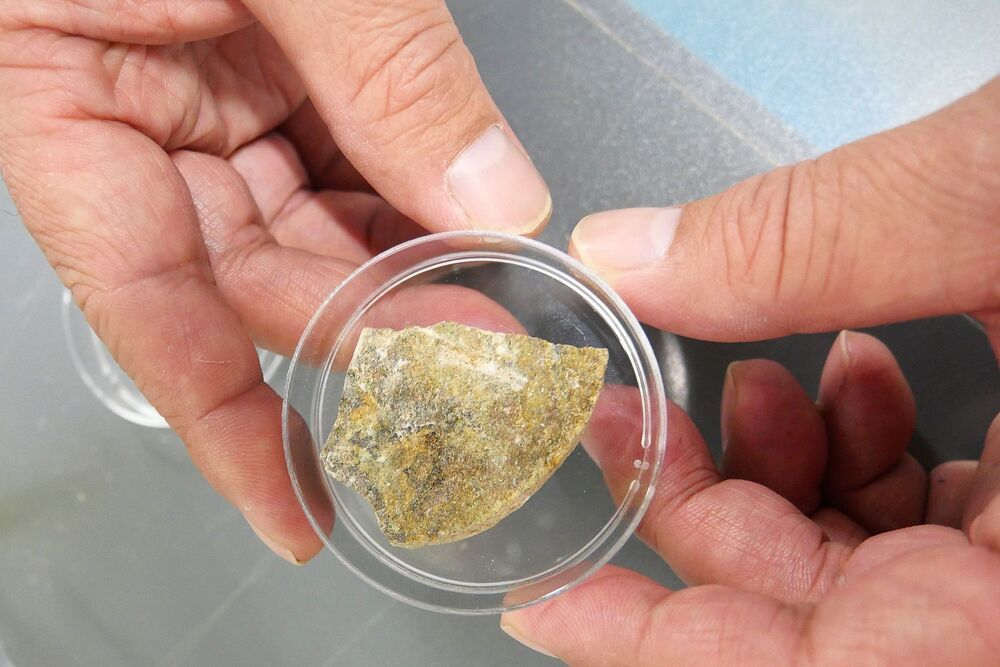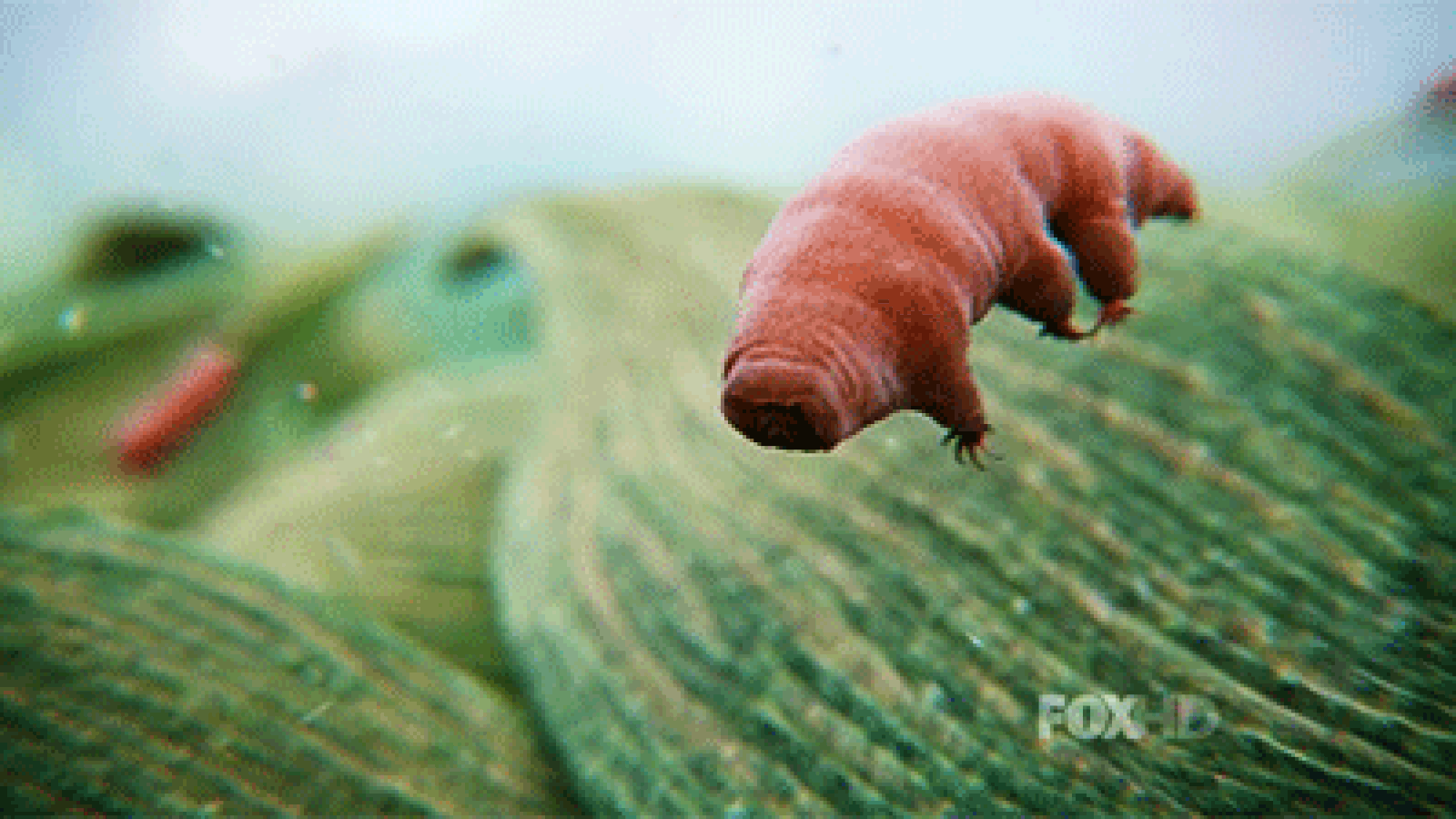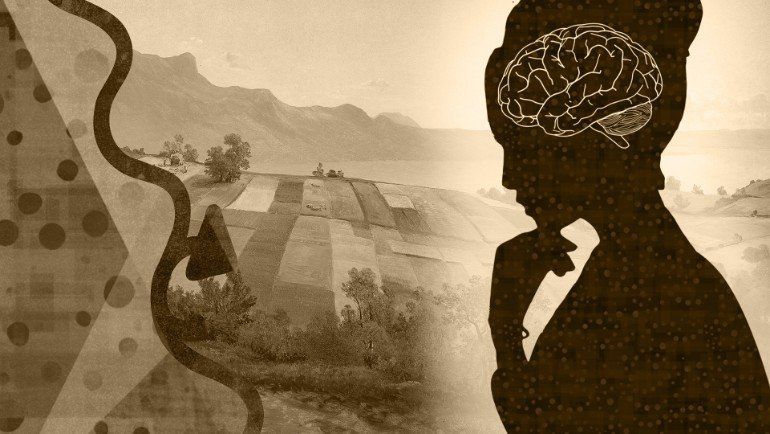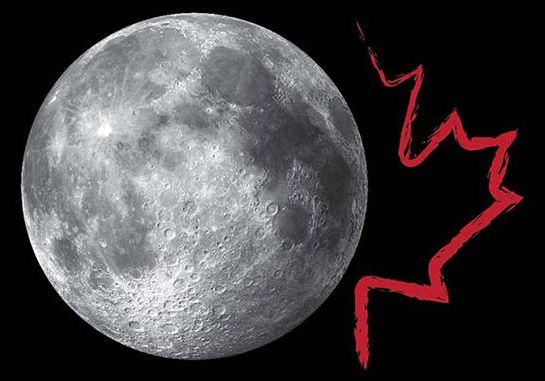Dec 17, 2020
Raccoon intelligence at the borderlands of science
Posted by Quinn Sena in categories: food, genetics, neuroscience, science
All hail the powerful One climbed my wood structure that went straight up then went to the roof o.o. Also their hands make them like chimps.
How does intelligence ofs compare with other species? That was a topic of heated debate between 1905 and 1915 within the then-nascent field of comparative psychology.
In 1907, psychologist Lawrence W. Cole, who had established a colony ofs at the University of Oklahoma, and Herbert Burnham Davis, a doctoral student at Clark University, each published the results of nearly identical experiments on the processes of learning, association and memory ins. They relied on E.L. Thorndike’s puzzle-box methodology, which involved placing animals in wooden crates from which the animal had to escape by opening the latch or sequence of latches. They observed the number of trials required for successful completion and the extent to which the animal retained the ability to solve the same problem more quickly when confronted again with it. Using this method, they sought what Davis called “a tolerable basis” for ranking the intelligence ofs on the phylogenetic scale of evolutionary development. They independently concluded thats bested the abilities of cats and dogs, most closely approximating the mental attributes of monkeys.
Continue reading “Raccoon intelligence at the borderlands of science” »


















